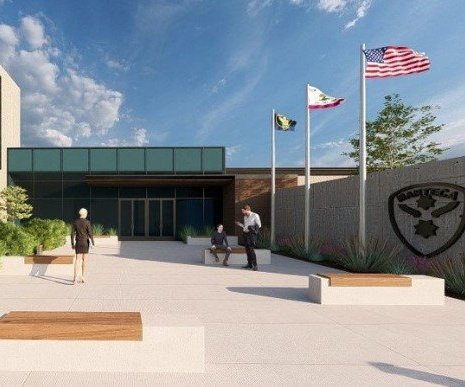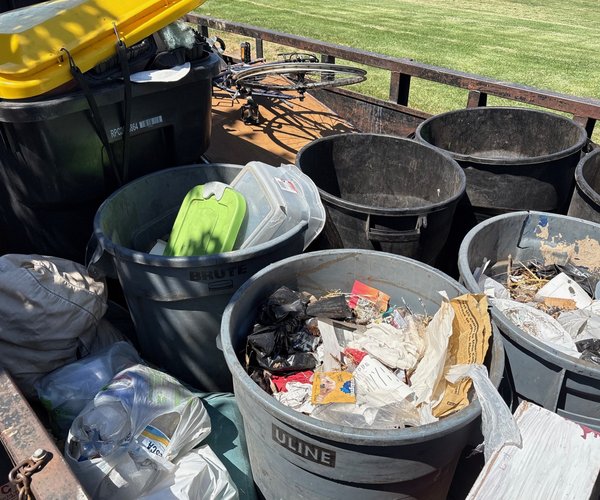Arguably, the most important item on Tuesday’s City Council agenda in terms of long-term impact on Manteca would bore most people to death.
It is devoid of political theater.
And it isn’t a passionate issue alluding to deteriorating streets, the need for more frontline first responders, addressing homeless issues, or securing more community amenities,
It’s about modifying how property taxes are shared after land is annexed to the city and developed.
Manteca and San Joaquin County have negotiated a property tax split that is — depending up how one views it — is either equitable to both parties or more favorable to the city.
It is pretty mundane stuff.
But its critical for the long-range ability of the city to provide municipal services.
What it does is change the current property tax agreement on annexed land from an 80-20 (county-city) to 60-40 (county-city) on all incremental growth.
It may not sound like much until you take into account on how property tax — the No. 1 source to finance day-to-government services in Manteca such as police and fire protection, streets and parks upkeep, and such — is divided.
Every $1 in property tax a Manteca homeowner or business pays is divvied up between 10 agencies that run the gamut from the City of Manteca and San Joaquin County to Delta College and the vector control district.
Just under 51 percent goes to Manteca Unified. The county gets over 22 percent and the city — depending upon the year land was annexed to Manteca and de-annexed from the county — gets between 14 and 17 percent.
It means in terms of basic property tax, a home in Manteca assessed at $300,000 has an annual tax bill of $3,000 of which no more than $510 goes to the city.
The reason why the more robust split for the city is critical is the fact before annexation of the land, none of a rural tax bill was spit with Manteca.
As a side to address a widely believed misnomer, someone in the county doesn’t pay less in property taxes for property of the same valuation that is located within a city. It’s just that the money that would have gone to a city if they were in city, is only split nine instead of 10 ways on a prorated basis.
That means in the existing 80-20 deal, Manteca was getting only 20 percent of the county’s share that it had prior to annexation and nothing else.
That means on annexed land the city was receiving less than 8 cents from every property tax dollar to go towards providing services for development after annexation as opposed to 14 to 17 cents of every tax dollar collected from existing homes.
The new agreement essentially covers the revenue deficit the city incurs with property tax collections when they provide services for land that develops after annexation.
It doesn’t translate into a boatload of money coming Manteca’s way to fund new initiatives. Rather, it helps property taxes cover the costs the city incurs providing services to those that that live in homes built on annexed land.
The county — after an extensive analysis — agreed the 60-40 split was more equitable given the city and no longer the county, in conjunction with a rural fire district – was providing direct police and fire protection, streets upkeep and such for development on annexed land.
For years it has been split 80 percent county, 20 percent city.
That doesn’t create much of a problem when there is empty land or just one or two houses on it. But when that land is converted into 800 homes it creates a massive drain on the city that is providing significantly stepped up and costly services.
Former City Manager Tim Ogden decided it was a wrong that needed to be made right.
And although the council at the time was skeptical he could get the county to budge, the county did. As a result the Griffin Park neighborhood that came into the city did so with a 60-40 split.
Besides applying to all annexations moving forward, the county has now agreed to a more robust 60-40 split for land already annexed for four neighborhoods either under construction or yet to break ground that will add nearly 1,500 housing units.
To contact Dennis Wyatt, email dwyatt@mantecabulletin.com






